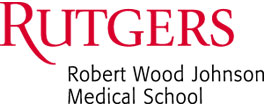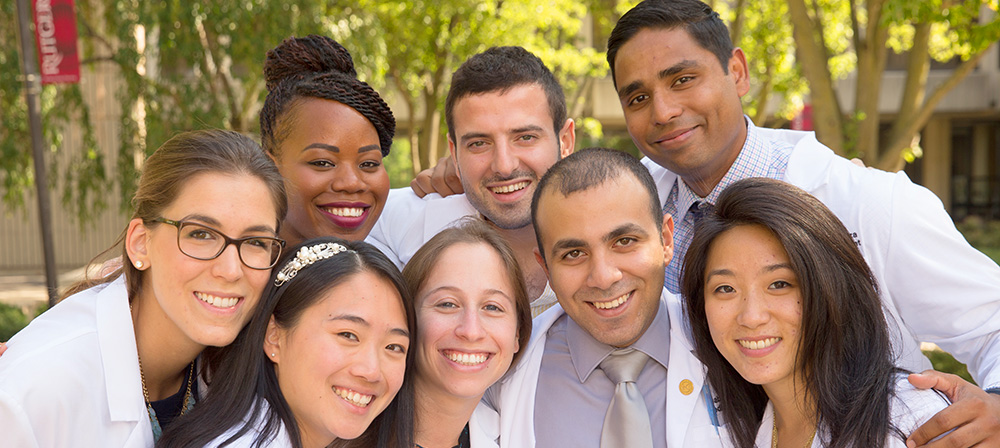A: Robert Wood Johnson Medical School provides multiple opportunities for students to personalize their educational experience and explore scholarly pursuits outside of the required curriculum. Students are encouraged to personalize their medical education through summer research fellowships, year-long intramural or extramural research experiences, and other creative scholarly endeavors.
The “Distinction” Programs are prestigious and rigorous training experiences that recognize medical students who show exceptional interest, leadership and commitment in a particular area of their education.
Graduation with “Distinction in Service to the Community” honors students who assume a significant level of responsibility in the collaborative planning and implementation of a focused, sustainable community health initiative.
Graduation with “Distinction in Research” recognizes students who prepare, design and compose original, intensive, basic or clinical research.
Graduation with “Distinction in Medical Education” recognizes students who have shown exceptional involvement in completing a scholarly educational activity. Graduation with “Distinction in Global Health” acknowledges students who complete a collaborative sustainable global health initiative.
Graduation with “Distinction in Bioethics” recognizes and supports students who show exceptional involvement, accomplishment, and scholarship in bioethics across the spectrum of health specialties.
Graduation with “Distinction in Medical Innovation and Entrepreneurship” is awarded to students who produce an innovation with the potential for implementation/commercialization that may improve the delivery of health care.
Graduation with “Distinction in Leadership in Academic Health Care” recognizes students who have shown a strong commitment to the many career avenues in academic medicine and healthcare.
Dual degree options include MD/PhD, MD/MBA, MD/MPH, MD/CTS, MD/MS


